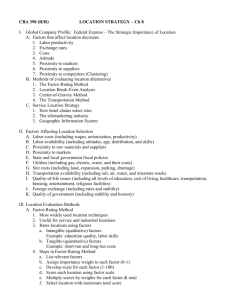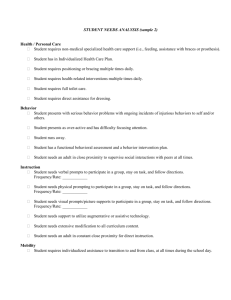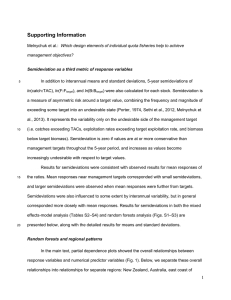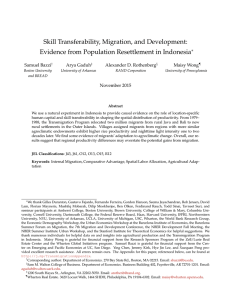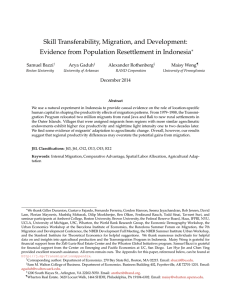"Skill Transferability, Migration, and Development: Evidence from Population
advertisement
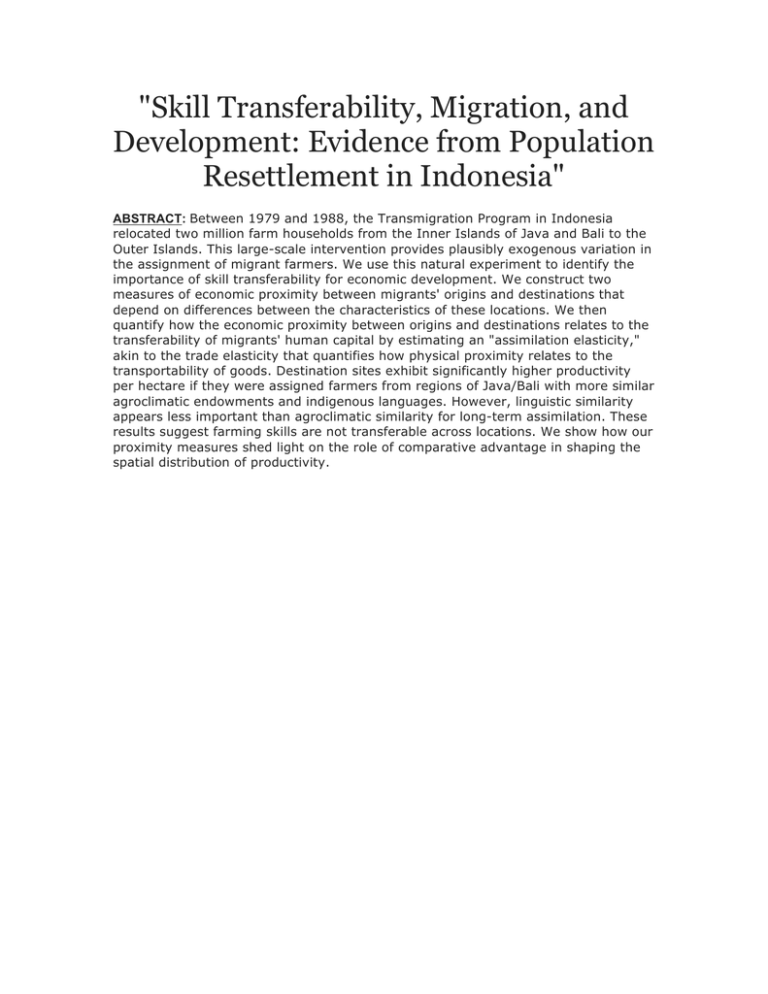
"Skill Transferability, Migration, and Development: Evidence from Population Resettlement in Indonesia" ABSTRACT: Between 1979 and 1988, the Transmigration Program in Indonesia relocated two million farm households from the Inner Islands of Java and Bali to the Outer Islands. This large-scale intervention provides plausibly exogenous variation in the assignment of migrant farmers. We use this natural experiment to identify the importance of skill transferability for economic development. We construct two measures of economic proximity between migrants' origins and destinations that depend on differences between the characteristics of these locations. We then quantify how the economic proximity between origins and destinations relates to the transferability of migrants' human capital by estimating an "assimilation elasticity," akin to the trade elasticity that quantifies how physical proximity relates to the transportability of goods. Destination sites exhibit significantly higher productivity per hectare if they were assigned farmers from regions of Java/Bali with more similar agroclimatic endowments and indigenous languages. However, linguistic similarity appears less important than agroclimatic similarity for long-term assimilation. These results suggest farming skills are not transferable across locations. We show how our proximity measures shed light on the role of comparative advantage in shaping the spatial distribution of productivity.
